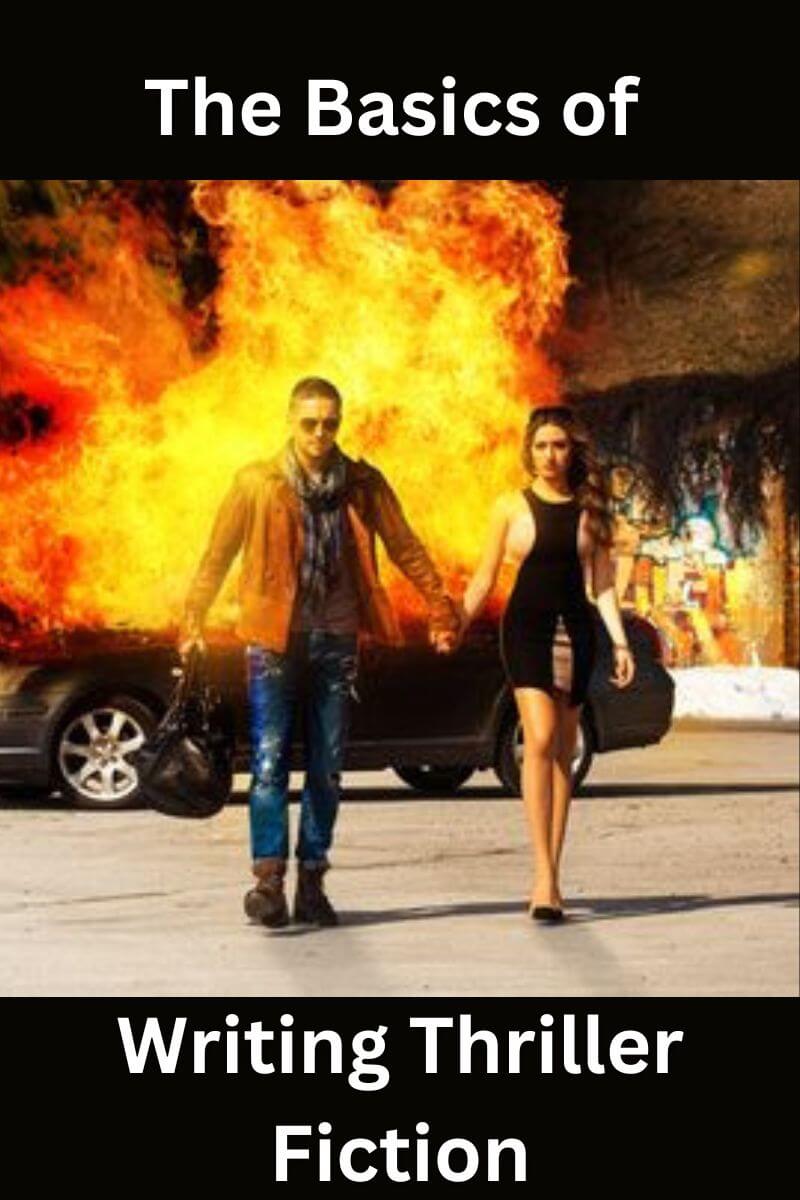Is My First Chapter A Prologue?
by Erica Lin
(Ontario, Canada)
Hello, Glen! Your advice and posts are very helpful and informative - so thank you!
I’ve completed my outline, and I’ve written the first two chapters of my book already. I’m very happy with what I have so far.
My first chapter opens up to when my protagonist is younger, as she runs into a very significant obstacle, which acts as a motivating force for her later on. In the second chapter, she is much older, and leaps into the story right away.
I believe my first chapter is vital because it shows her habitual way of acting towards conflict, and also establishes the necessary mood for my book.
The problem I have is I don’t really know if my first chapter would be considered a prologue. Though I wouldn’t like to consider my first chapter a prologue, I’m afraid the readers and publishers may see it that way, and will find it annoying or over-done.
If you do consider my first chapter a prologue, should I cut the first chapter out and start with chapter two instead? Is there another way to incorporate my first chapter, not in the form of a prologue, but in something else? I am a bit iffy with the idea of starting the book with chapter two as it seems a bit sudden and random.
This isn’t a huge problem - but I would like to know your opinion! Any advice from you would be awesome! Thank you for taking the time to read my post.
Cheers from Canada!
Answer: Hi Erica,
Generally, a good prologue describes the inciting incident or initial driver of the story. Often it is an event that, though essential to the plot, occurs before the main character enters the story, or before the main character is old enough for her story to really begin.
Some readers don't like prologues (and may actually skip over them) because they want to meet the main character right away. Also, some prologues are badly written, in that they present material that is not essential to the story, fail to set up the story problem, and are therefore boring.
Other readers don't mind prologues if they do a proper job of setting a degree of suspense or creating a story problem that demands a solution -- in other words, drives the plot.
It sounds like your opening event may be a genuine initial driver. If so, here are some of the different ways you could present it...
1. You could actually make it a prologue. Lots of successful books have one. For instance, I'm reading the suspense novel We'll Meet Again at the moment which was a New York Times Bestseller a decade or so ago. This book opens with the main character being
However, it cannot be denied that prologues are out of favour at the moment. I think when this book was written prologue skipping was less common. If this book were published today, I think this prologue might be cut (see 3 below).
2. You can label the initial event Chapter 1 to prevent skipping. In Harry Potter and the Philosopher's Stone, the initial driver is Voldemort's attack on the Potter family. Rowling doesn't describe this event, but starts the story the next day with the aftereffects (Harry being dropped on the Dursley's doorstep).
Harry's delivery on the doorstep could have been a prologue. But Rowling labels it "Chapter 1" instead which deters the prologue-skippers. But for some readers this is a weak opening because we don't actually meet Harry properly until Chapter 2 when he is ten years older.
Opening with a minor character's point of view can feel like a bait-and-switch. The opening pages of this book might make some readers thing the story is about a middle-aged man named Vernon Dursley, not a character children can identify with as easily. That's the risk of delaying the main character's arrival. Fortunately, Harry's name is in the title.
In your case, this is less of a concern since your main character is present for the initial driver.
3. You can open in the present with the main character and fill the reader in on the initial driver later on. This happens in The Hunger Games. The initial driver is the mining accident that kills the fathers of Katniss and Gale, forcing them to develop their survival skills. However, Collins wisely opens the story years after this event so she can introduce the reader to Katniss right away. The reader is filled in on the initial driver in the first chapter via flashback.
4. This may not apply to your story, but in rare cases where the main character does not remember the initial driver or was not present for it, it is often best if the reader learns about it when the main character does, which might be a considerable way into the story.
Bottom line...
I think you may be better off just calling your initial event "Chapter 1," especially since it introduces your main character, sets up the plot, and establishes the tone for the book.
Labeling it a prologue would only invite the skippers to skip.
Best of luck.
Comments for Is My First Chapter A Prologue?
|
||
|
||
- Home
- Plot Questions
- Is My First Chapter A Prologue?











